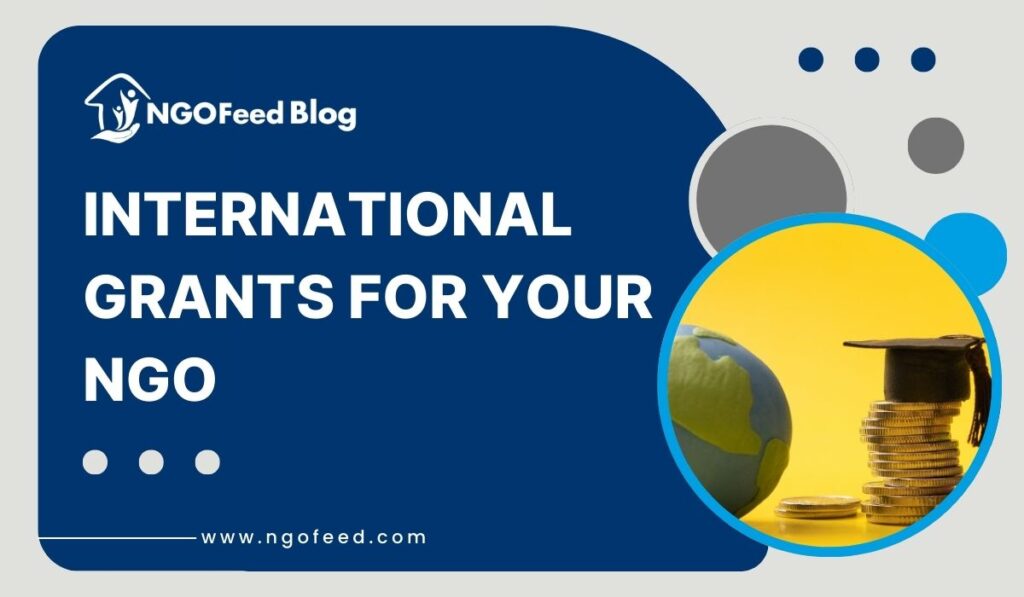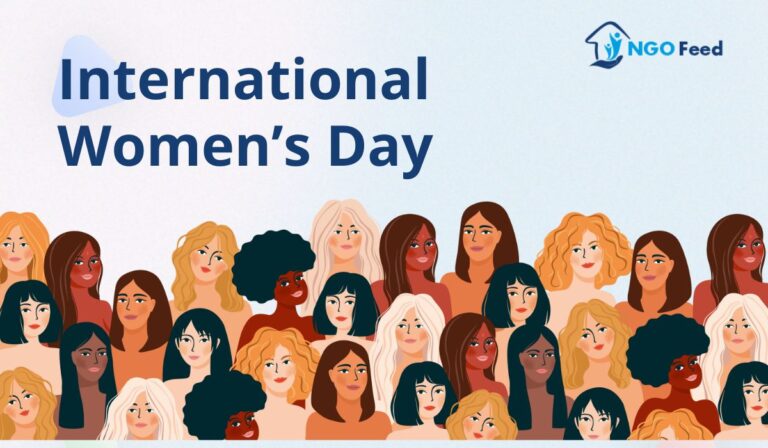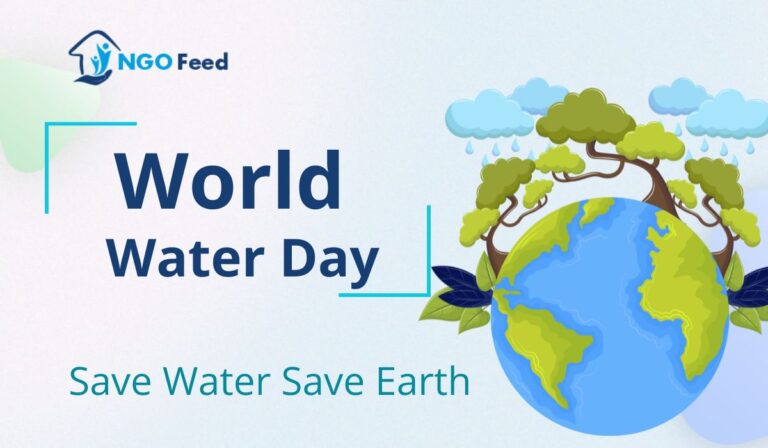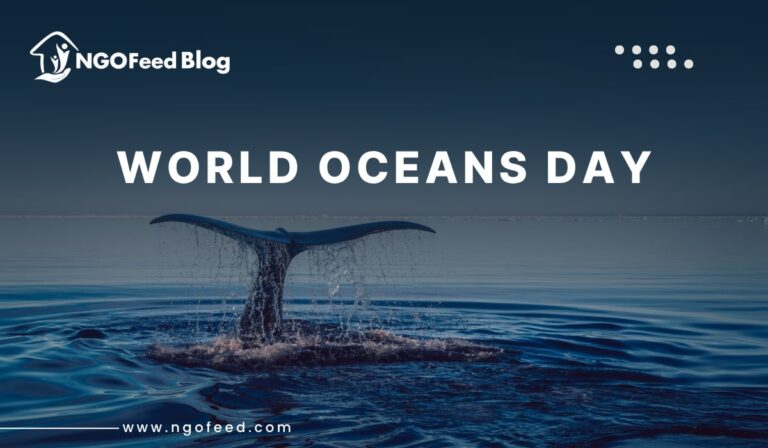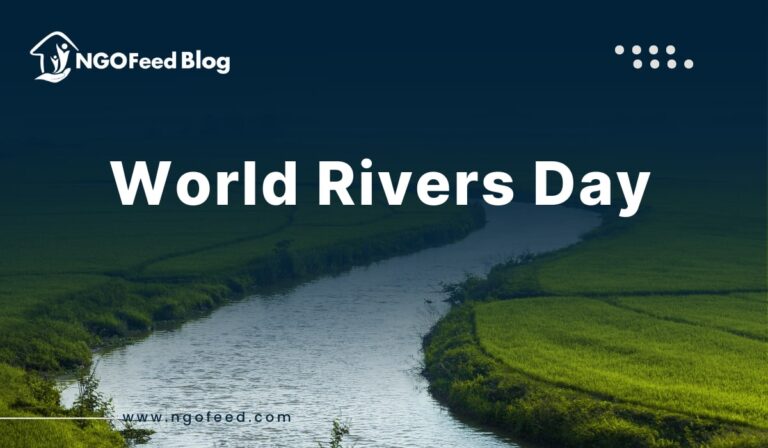International Grants for NGOs: Sustainable funding is the biggest obstacle that non-governmental organisations (NGOS) encounter worldwide. Many NGOS depend on international support since local funding by itself is insufficient to provide the sufficient resources needed to expand their impact methods.
International grants for nonprofit organizations represent a vital support system that brings funds alongside possibilities for worldwide networking and organisational development and international partnerships geared toward addressing important social problems and environmental crises, and humanitarian needs.
International funding enables your NGO to reach its mission goals by giving your organisation the crucial boost needed to expand its reach, regardless of your focus on education, healthcare, gender equality, environmental conservation or community development.
Casting doubt upon international grant investment because of its complex nature. Strategic insight and thorough research become necessary to discover appropriate funding from among the thousands of potential bodies, including multilateral agencies, along with philanthropic foundations and government programs and corporate social responsibility (CSR) initiatives.
International donors base their funding decisions on organisations’ ability to meet all eligibility requirements plus show transparency measures, and produce measurable outcomes and sustainable programming creations. The creation of distinctive proposals that excel among competitors depends heavily on knowing donor priorities because these priorities often transform according to global movements combined with geopolitical requirements and developing detrimental situations.
Also Read: Gamification in Volunteering
The purpose of this paper is to direct NGOs in India by offering guidance about searching for international funding grants. Our guide delivers complete directions to help organisations achieve global funding, which covers grant knowledge, suitable funding agencies, proposal success strategies and compliance/reporting recommendations. By learning to secure international grants, your NGO’s ability to make sustainable change will grow regardless of its size, grassroots or well-established nonprofit.
Table of Contents
Understanding International Grants for NGOs: Types & Opportunities
International grants exist in multiple different formats, especially designed to help NGOS execute programs that resolve complex social and environmental and developmental problems. Recognising different types of international grants for ngos will assist your organisation in finding funding opportunities that match its mission and operational capabilities.
Project-based funding stands as one of the most widely used kinds of international grants for ngos. Donors supply money for a particular project that includes well-defined goals and delivery dates. The grant option fits best for NGOs possessing concrete initiatives involving school constructions, along with healthcare camp operations, and community development projects. Timed funding usually demands evaluative results from programs.
Also Read: Microdonations for Nonprofits
The Capacity-Building grants aim to establish robust internal operational systems within NGOs. Through funded resources, NGOs can advance their management infrastructure as well as implement governance procedures and train staff and build technological platforms. Non-government organisations seeking efficiency enhancements and scalability, along with sustained growth, should evaluate capacity-building grants as their transformative opportunity.
Fellowships as well as Scholarships mainly support individuals; however, their influence extends to NGOs through indirect benefits. These grants enable the NGO to access resources that develop staff abilities and build leadership skills, and conduct research within its operational sector. The human capital development of staff members through fellowships will help your organisation amass professional knowledge and gain recognition in the field.
Multi-Year Program Grants give Non-Governmental Organisations the ability to execute extended projects throughout multiple years, thus enabling deeper impact. Multiple-year grants provide exceptional value for programs that need sustained dedication, such as educational development, together with conservation and healthcare system implementation
Through deliberate exploration of multiple funding sources, NGOs gain improved ability to design sustainable plans and expand their operations, which results in enduring positive change for their target communities.
Also Read: Gen Z is the Next Wave of Donors
Top International Grantmakers and Funding Agencies
The fundamental process for NGO funding success relies on finding appropriate international donors. Platforms for worldwide grantmaking entities span across various regions and all sectors. International funding agencies and foundations that NGOs should approach include these major institutions:
1. United Nations Agencies
UNICEF and other United Nations agencies such as UNDP together with UN Women and UNESCO supply NGO projects with funding opportunities through their programs which support Sustainable Development Goals. The agencies direct their funding towards programs that solve issues in education and health services along with improving gender parity as well as environmental management and poverty reduction projects.
2. The World Bank and Regional Development Banks
Through their backing the World Bank together with programs like Asian Development Bank and African Development Bank provides funding opportunities to support economic growth initiatives alongside poverty reduction programs. The establishments work together with NGOs for community-centered developership while implementing infrastructure projects and welfare-oriented programs.
3. Global Philanthropic Foundations
Major private foundations operating through the Bill & Melinda Gates Foundation and Ford Foundation together with Open Society Foundations and Rockefeller Foundation provide financial backing to NGOs focusing on global health, human rights protection, education and climate change initiatives and social justice programs. Such foundations direct their funding toward disruptive yet expandable initiatives which create enduring change.
Also Read: How to Manage your Nonprofits Budget?
4. Bilateral Aid Agencies
Government-funded organizations like USAID (United States Agency for International Development), DFID (UK’s Foreign, Commonwealth & Development Office), GIZ (Germany), and SIDA (Swedish International Development Cooperation Agency) offer grants to NGOs for international development projects. These agencies place their emphasis on supporting initiatives for governance alongside human rights programs while focusing on education systems and healthcare delivery as well as disaster relief organizations.
5. European Union (EU) and Other Multilateral Bodies
Through EuropeAid and other programs the European Union grants funds to support NGOs for development cooperation as well as human rights programs and humanitarian aid initiatives. The Global Fund together with GAVI (The Vaccine Alliance) and the International Fund for Agricultural Development (IFAD) distribute major funding for specific thematic projects.
Crafting a Successful Grant Proposal: Best Practices
The development of an effective grant proposal serves as the essential means to obtain financial support for NGOs. The process of seeking international funds remains competitive, so your organisation must explain its work by demonstrating donor alignment and project deliverability. The following practices will help you achieve successful results:
Also Read: Viral Nonprofit Campaigns for Optimal Impact
1. Understand the Donor’s Priorities
Research all aspects relating to the donor’s funding objectives, including the mission statement, together with funding preferences and grant eligibility terms and formerly funded projects. Revise your proposal to prove how your initiative helps achieve the donor’s strategic targets and advances their mission goals.
2. Present a Clear Problem Statement
The donors need to perceive that your organisation fully comprehends the topic you tackle. You must utilise studies as well as research findings with concrete examples to describe the critical nature of the problem and demonstrate its immediate importance. Your organisation has distinct capabilities that position it to resolve the stated issue effectively.
3. Define Measurable Goals and Outcomes
State precisely the targets you plan to accomplish. Your project must contain a schema of defined, measurable, reachable, relevant and time-based (SMART) objectives. Donors value concrete outcomes together with defined steps that lead to effective impact.
4. The work plan, together with budget requirements, should be detailed precisely
You will organise activities for the plan and identify responsibilities and set achievement milestones, and schedule the complete work timeline. Your budget should reflect the work plan through accurate details that demonstrate direct funding distributions.
Also Read: Tips for Building Long-Term Relationships with Donors
5. Demonstrate Organisational Capacity and Partnerships
Focus on showing the achievements of your NGO team with their knowledge base and capabilities, and expertise within the organisation. Make visible your partnerships with organisations as well as community groups and stakeholders because they confirm your delivery potential and raise your institutional credibility.
6. Highlight Monitoring, Evaluation, and Sustainability
Describe how you will measure progress and track impact. Donors like NGOs that value accountability and learning. Also, outline how the project benefits will extend beyond the end of the grant period.
By adopting these best practices, your proposal will not only stand out but also project confidence, clarity, and competence, values highly valued by international donors.
Grant Management and Compliance: Sustaining Donor Confidence
To keep advancing donor relationships and acquire future support, organisations must both secure grants efficiently and comply strictly with donor conditions when managing funds. Proper grant management leads to both project success along developing an NGO reputation based on transparency and accountability. The following strategies determine how donor confidence can be preserved:
1. Understand Grant Agreements Thoroughly
A thorough review of the grant contract at the start will reveal all terms and conditions which must be understood before implementation. Keep an eye on the requirements regarding reporting dates, along with budget limitations and payment schedules, together with compliance specifications. Clear up all doubtful points about the donor agreement at the beginning to prevent future disputes from forming.
Also Read: Foundation Vs Charity Vs Nonprofit
2. Maintain Accurate Financial Records
A strong financial tracking system must be created to monitor all funding income, along with spending and resource use pertaining to the grant. Every organisation must perform regular account reconciliation along with document maintenance and funding usage limited to official project requirements. Competent disclosure of financial data enables donors to establish trust in programs.
3. Deliver Timely and Comprehensive Reports
Project donors expect regular narrative and financial reports that describe project achievements, together with funding utilisation techniques and encountered problems. The submission of precise reports at the right time, along with clarity, shows both accountability and professionalism in an organisation.
4. Monitor and Evaluate Project Outcomes
The ongoing assessment of project indicators should be combined with a review of activity effectiveness. Present all project achievements together with your collective experiences to the donor organisation. The organisation displays its dedication to funding enhancement as well as financial responsibility through transparency.
5. Foster Open Communication with Donors
Regular and honest exchange of information must be kept constant between you and your donor agency. Tell your donor agency right away about each implementation challenge and delay, and determined risk factors facing your project work. Proactive handling of challenges confirms both professional development and dependability among project teams.
Also Read: CSR Funding for NGO
6. Prepare for Audits and Reviews
Donors routinely carry out evaluations along with audits to validate compliance with guidelines. Complete readiness for audits exists when documentation remains comprehensive and all members of the project staff understand the grant specifications.
By demonstrating strong management practices and compliance, your NGO can build a solid foundation of trust and credibility, positioning itself as a reliable partner for future funding opportunities.

